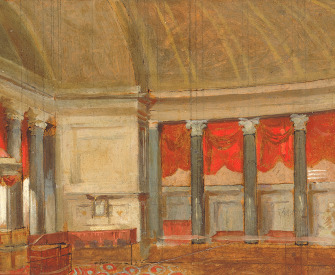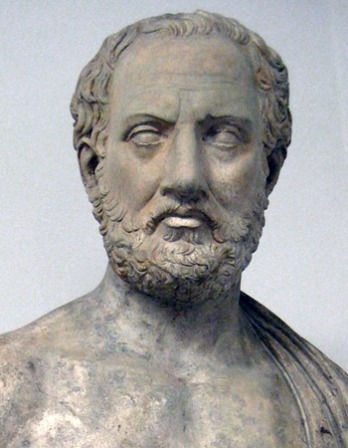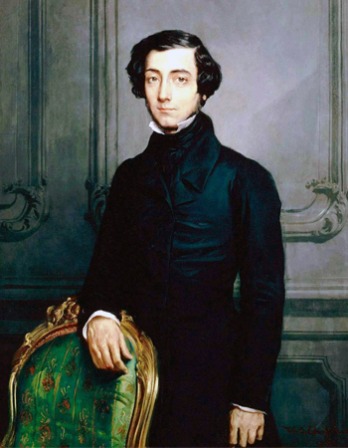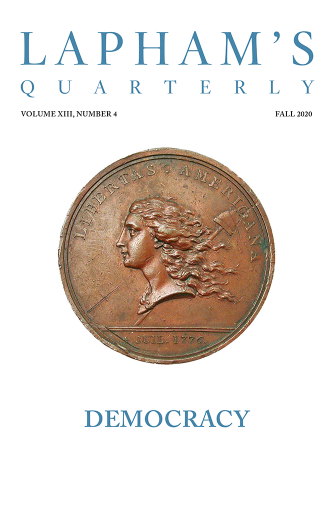The physician should look upon the patient as a besieged city and try to rescue him with every means that art and science place at his command.
—Alexander of Tralles, 600Home Remedies
The herb doctor cooks up a cure.
There were not many good doctors in those days, but my grandfather was an old-fashioned herb doctor. I remember him well. I was about twenty-five years old when he died. Everybody knew him in that country, and he doctored among white people—one of the best doctors of his kind. He went over thirty miles around to people who sent for him. He was seldom at home. Lots of cases that other doctors gave up, he went and raised them. He could cure anything.
When I was sick one time—I was then about eighteen or nineteen years old—my folks had Dr. Boles from Lane’s Prairie and Dr. Mayweather from Vichey to come and tend me. They both gave me up. I had typhoid and pneumonia. These doctors were the best to be found but they could do nothing, and I was as good as dead. My grandfather was gone, had come to Rolla, doctoring Charley Stroback’s child whose clothes had caught fire, and he was burned badly. Grandfather could “blow out” fire.
He got home about four o’clock in the morning after the doctors had done give me up. He felt my pulse and said he didn’t know whether I was dead or alive. No pulse, but he said I felt warm. He asked my grandmother if she had any light bread baked. She said, “Yes,” and got it for him. He told her to butter it and lay the butter side down on my mouth, and if it melted I was still living. She did this and soon she said, “Yes, he is still alive.” He said, “Now go to work and get a little whiskey and butter and beat it together good and drop just two drops in his mouth, and in four hours drop two more.” He sat beside me, laid his hands on my breast and about ten o’clock the next day I began to come around. I realized he was there, and he asked me if I knew him, which I did.
In “blowing fire,” my grandfather simply blew on the burn, and the fire and pain was gone. It was a secret charm handed down from generation to generation. He said only one could be told. He told my Aunt Harriet, and she could “blow fire” the same as my grandfather.
A lot of the old herb remedies my grandfather used, I can still remember. He used one called “white root.” It is a bush that grows here. In the spring of the year, when its leaves bloom out in the morning house when the sun shines on it, it looks just like bright light. It has an awful bitter taste. It was used for mighty near any ailment. He had another herb he used, called “remedy weed.” It is a bright-green-looking weed that grows around springs. It is also used for many ailments. Another one was sarsaparilla root. It grows here, lots of it. He went to the woods and gathered it all hisself getting wild cherry bark, dittany, pennyroyal, and chamomile root. Others he gathered and dried, some to make teas and others to put in whisky.
Grandfather also used “butternut root,” some call it white walnut. You take one dose of this and it will cure the worst case of chills, no matter how bad. Take two tablespoons for a dose. It is as severe as croton oil. By golly, it won’t leave a thing in you, clears you out, and one dose does the work. Oh man, but it is bitter.
He used golden seal, a medicine found in places here, very costly, worth seven to eight dollars a pound now. I don’t know what he used them all for, but I remember him getting them in their proper seasons, and kept them always on hand.
For sore throat or quinsy, he had some sort of tea. He used onion tea too. He took an onion, roasted it in its hull in ashes, squeezed out the juice, and added a little sugar, and gave it to the patient. For rheumatism, he used poke root—dried it, and put it in whiskey. The only thing that is good for is rheumatics. There were many more remedies, but I can’t recall them now.
About This Text
Gus Smith, from Slave Narratives of the Federal Writers’ Project. Smith’s account of his life as an American slave is one of more than 2,300 such histories collected by the organization of the Works Progress Administration. The Federal Writers’ Project provided jobs to writers, editors, and researchers during the Great Depression and produced guides to all of the then forty-eight states and major cities.




